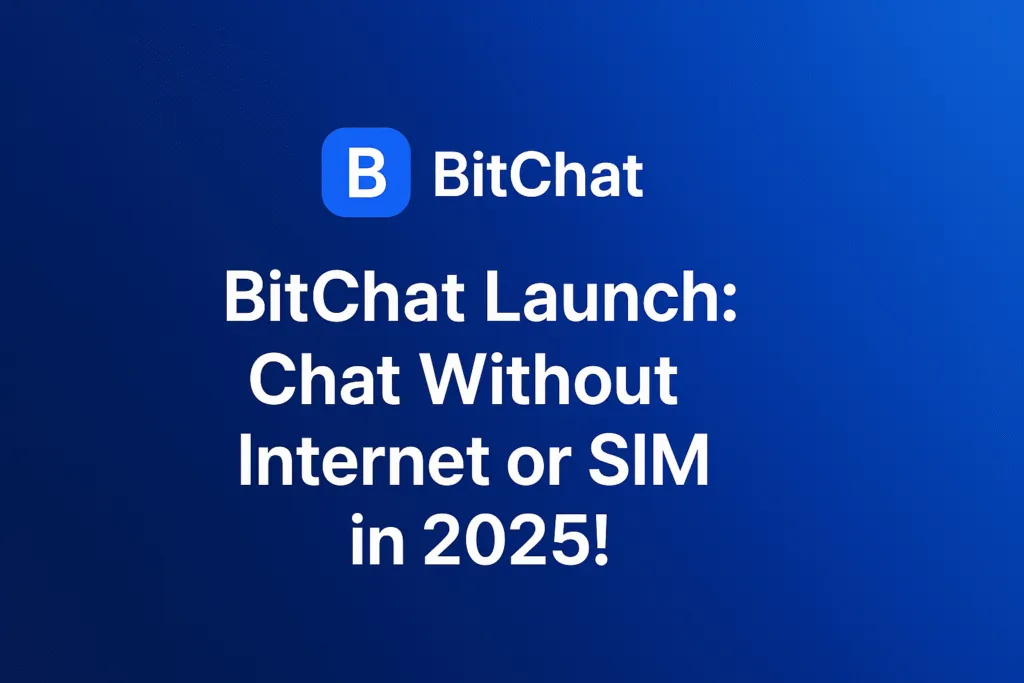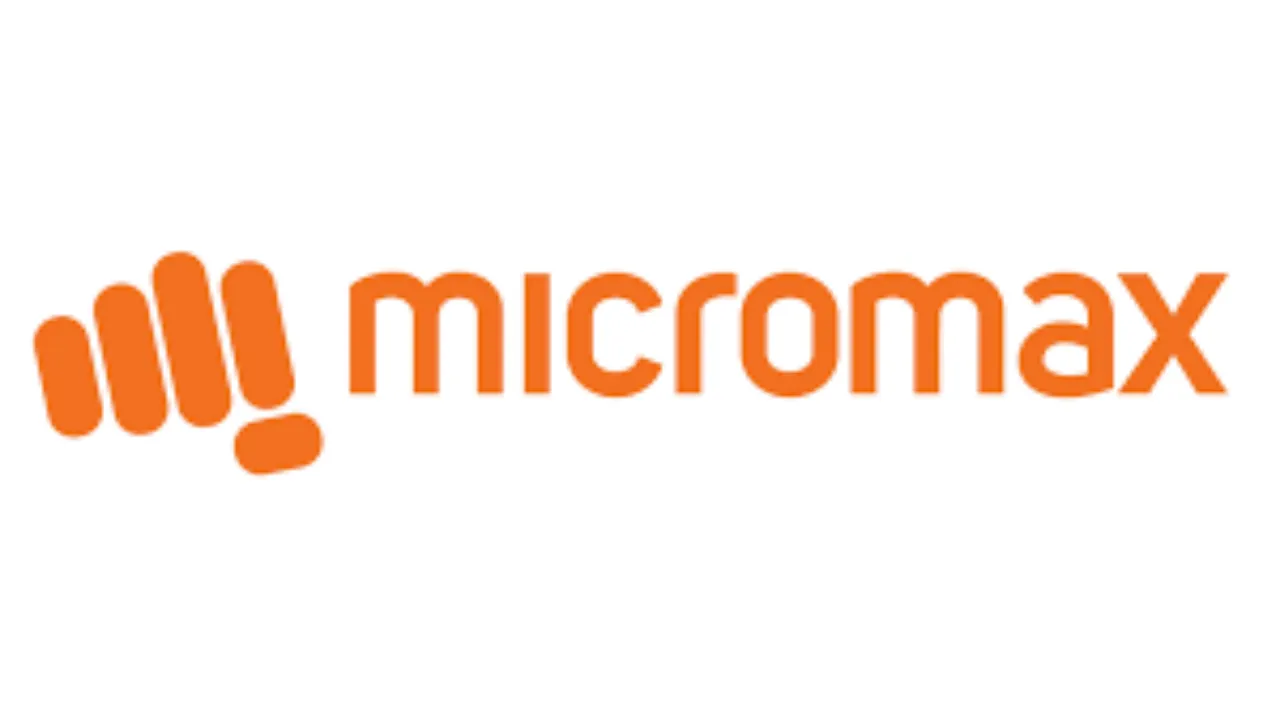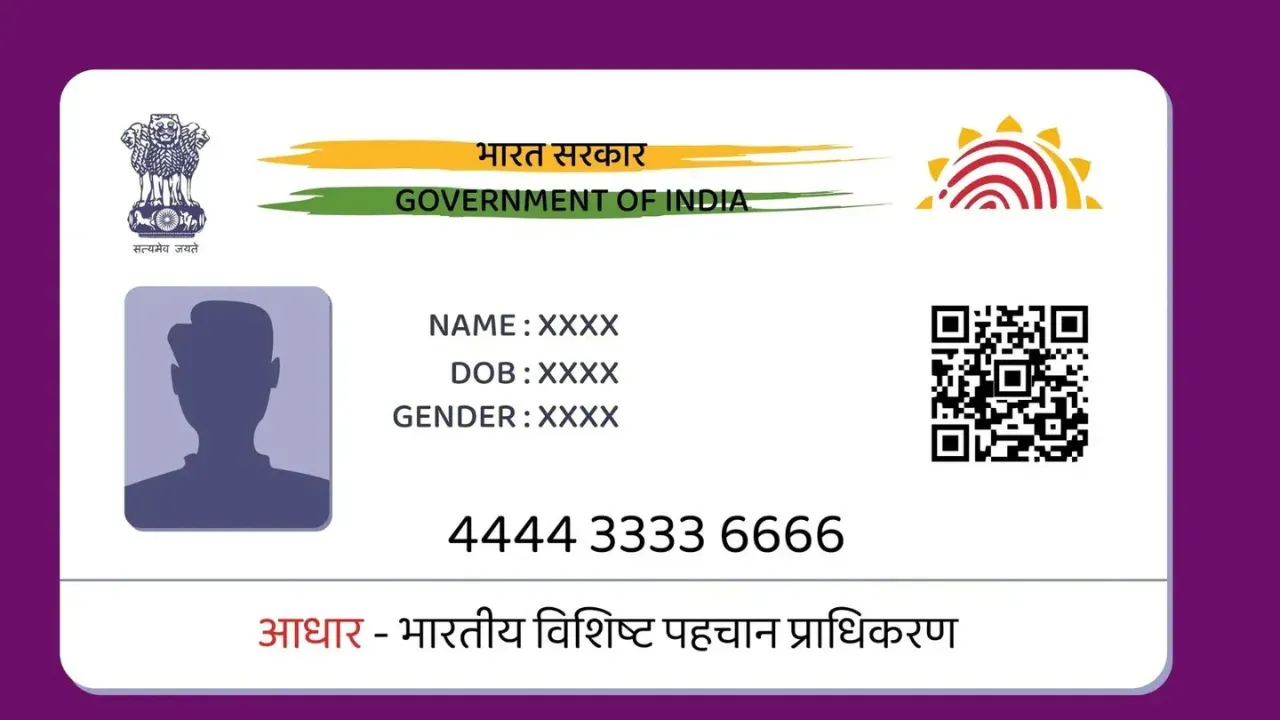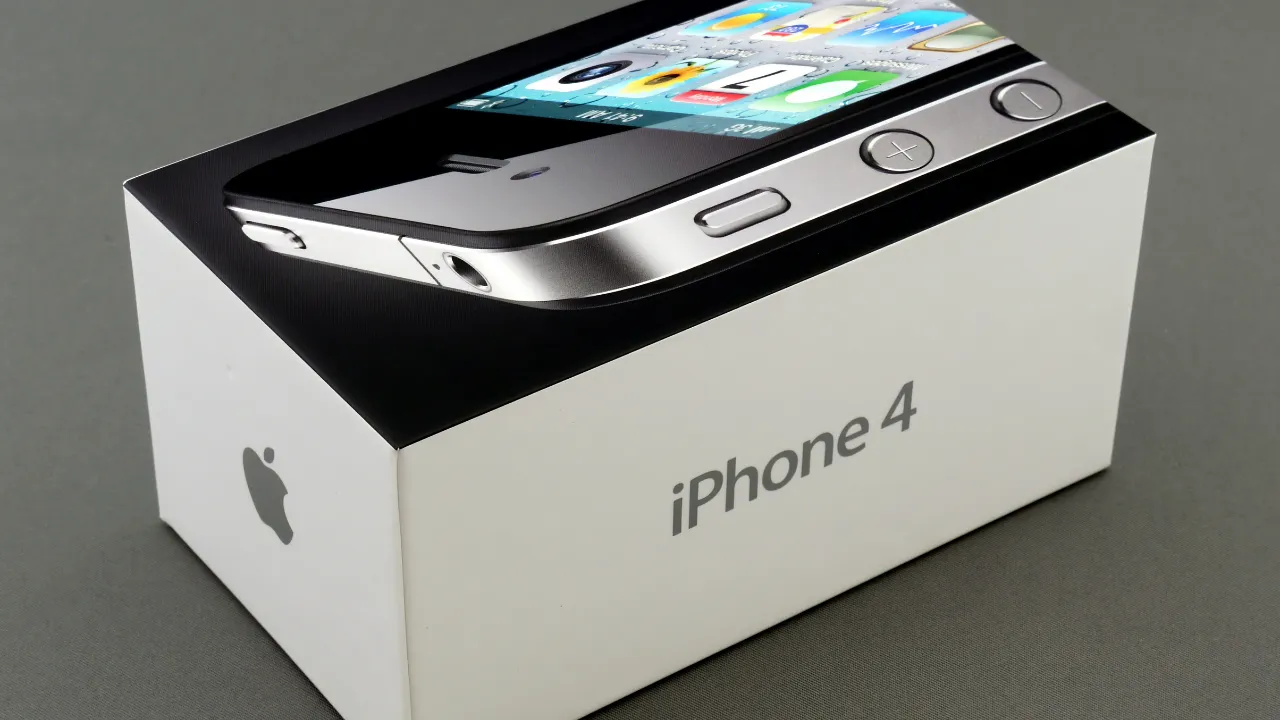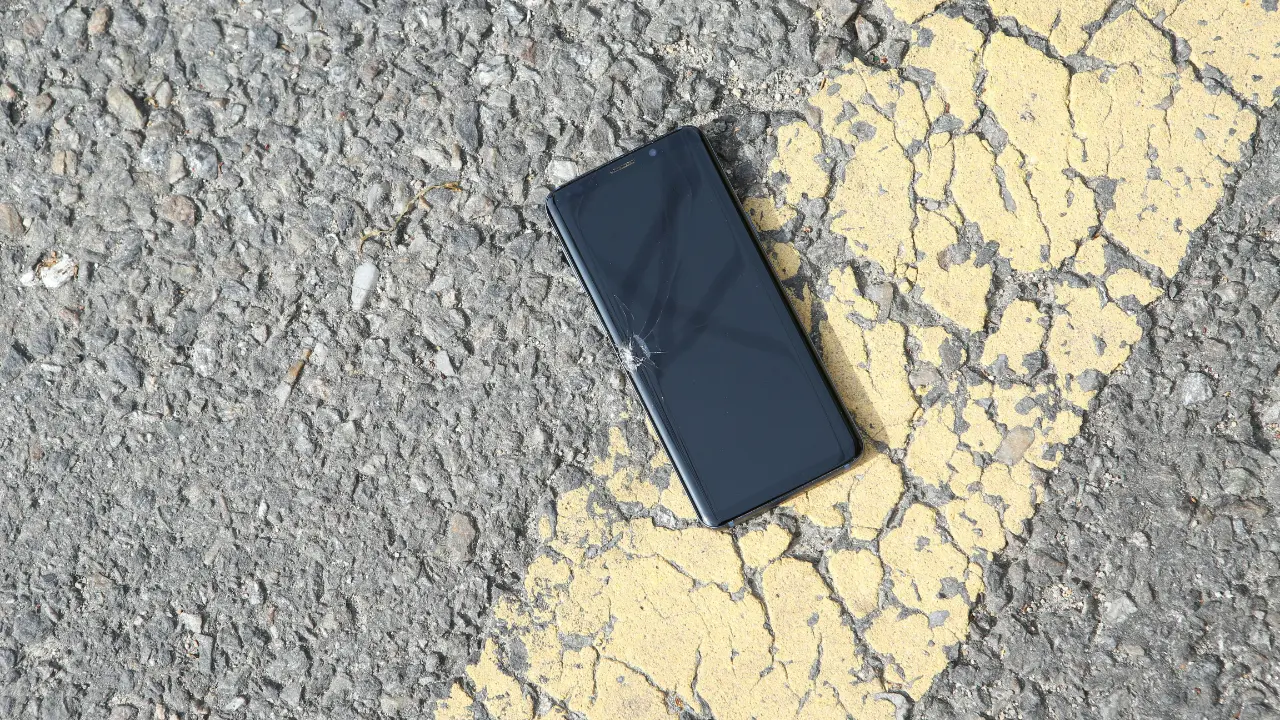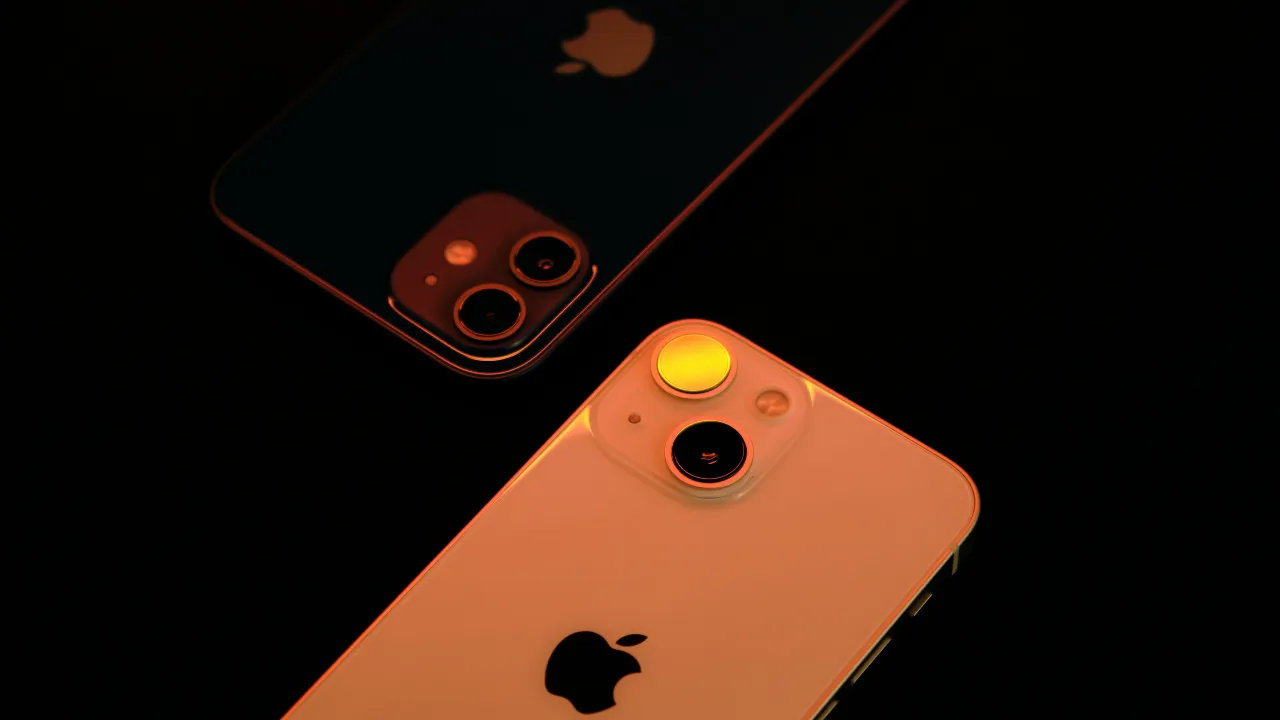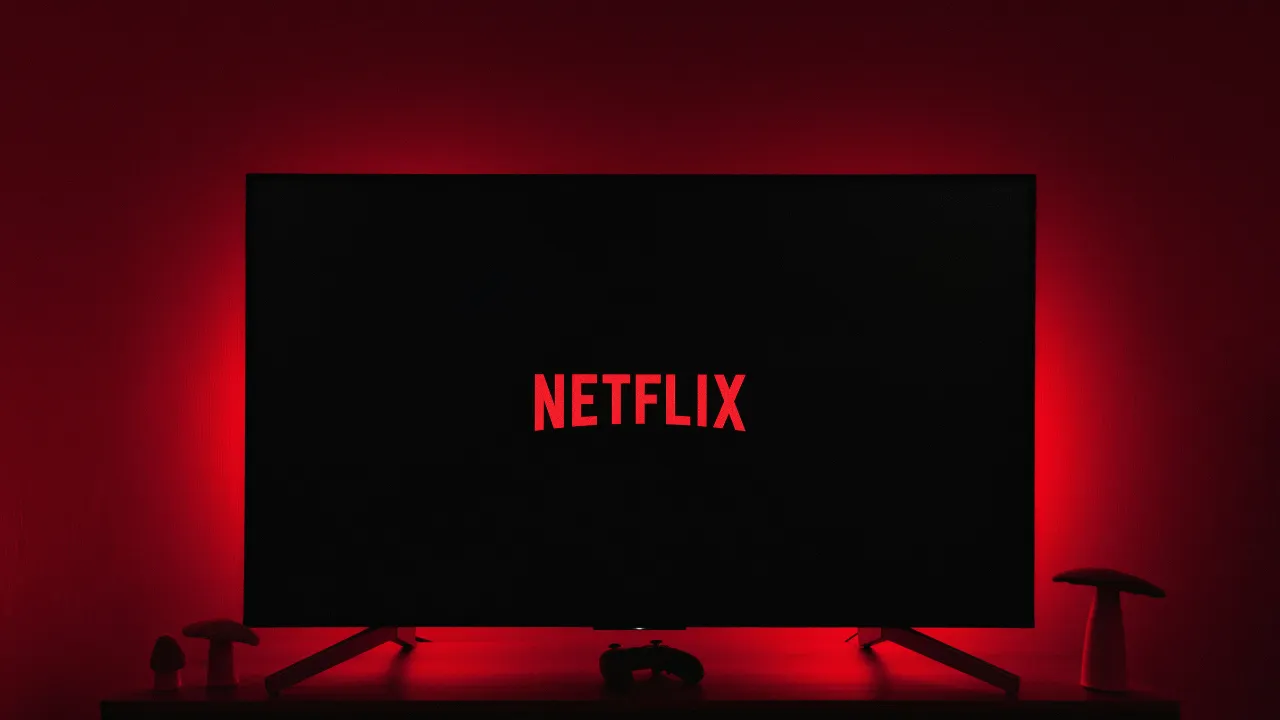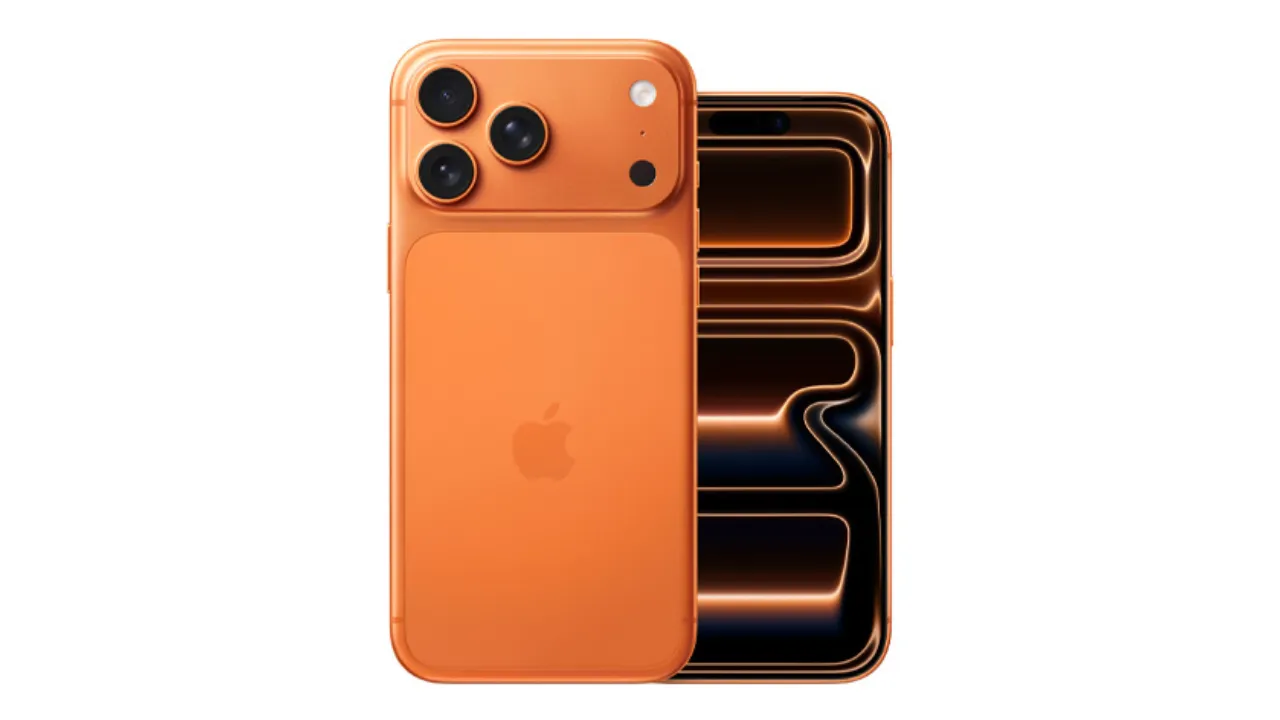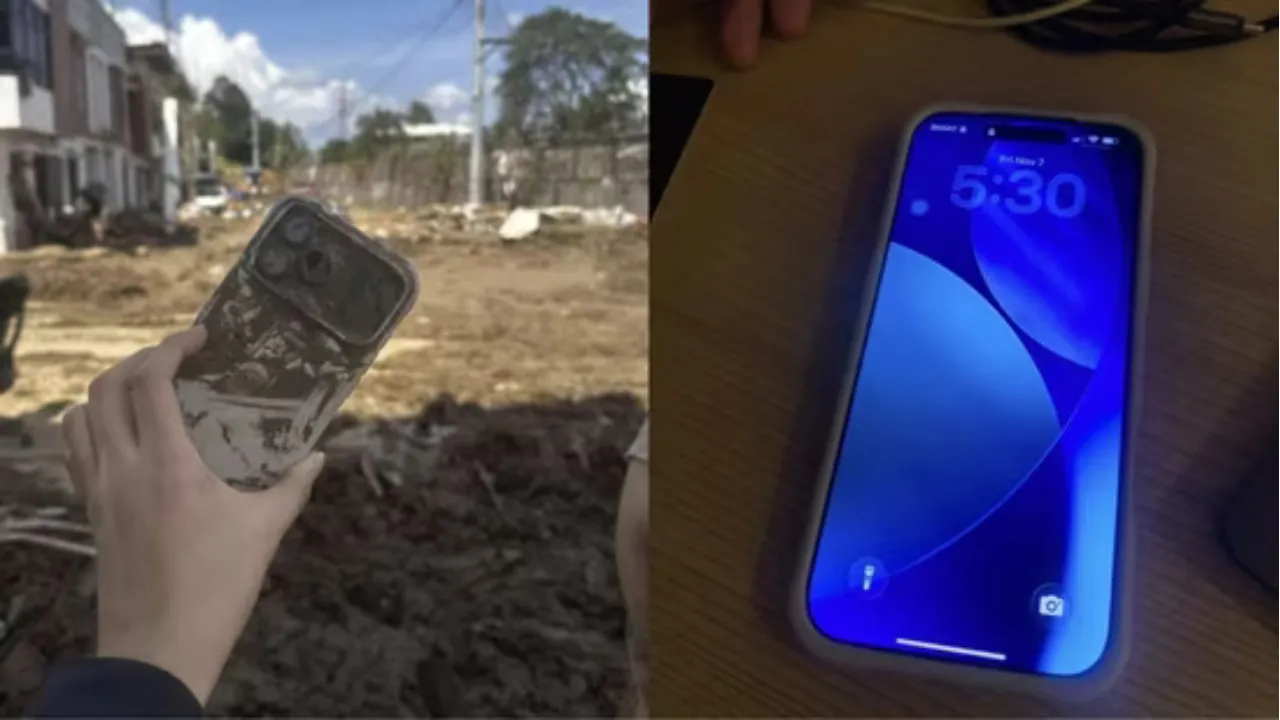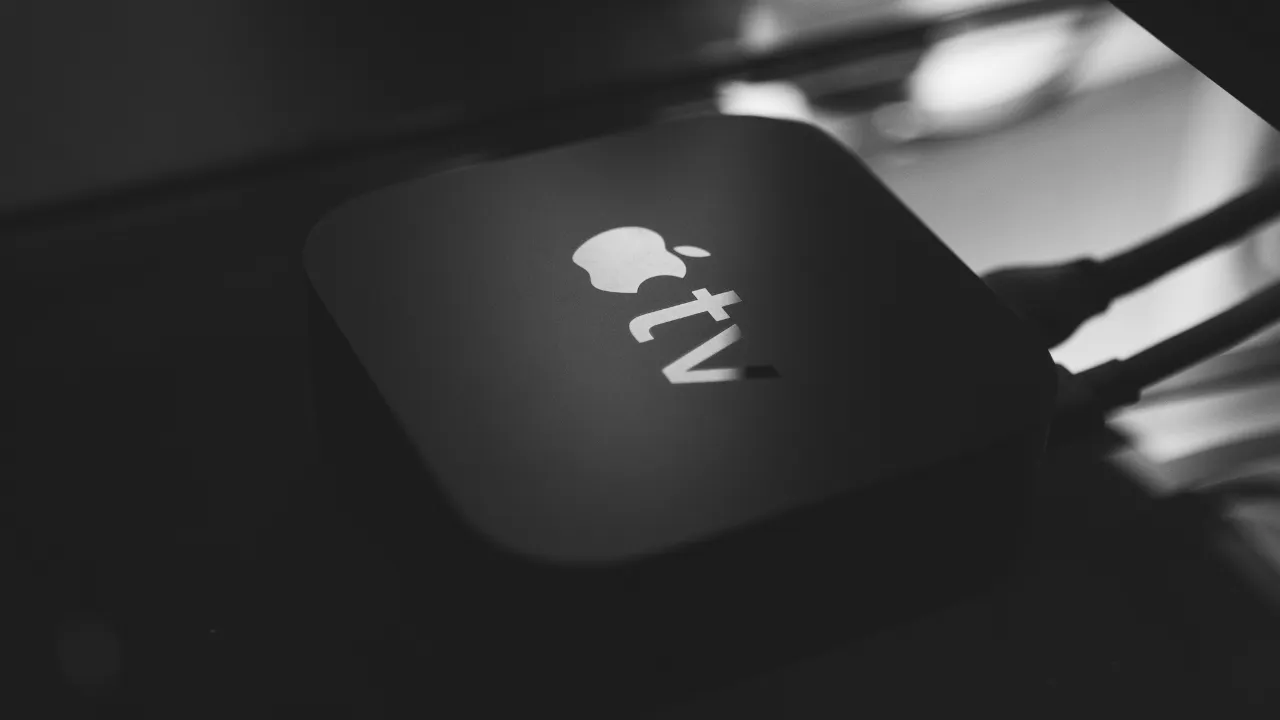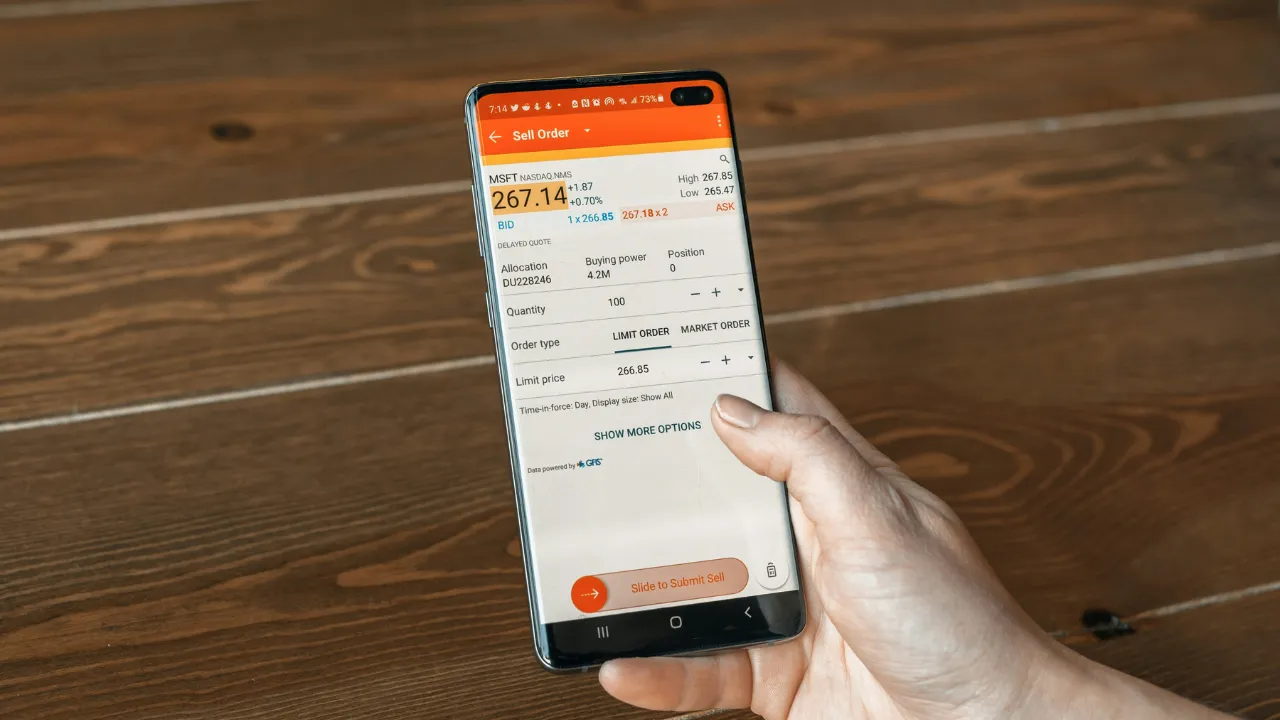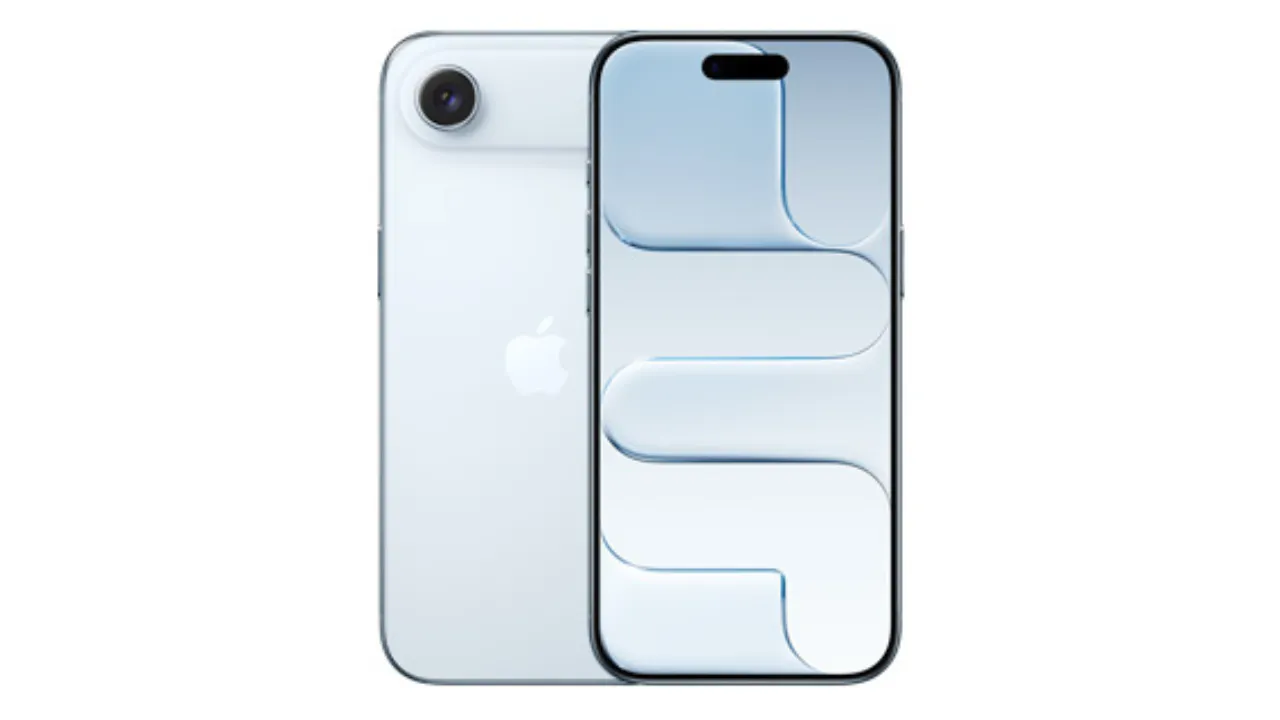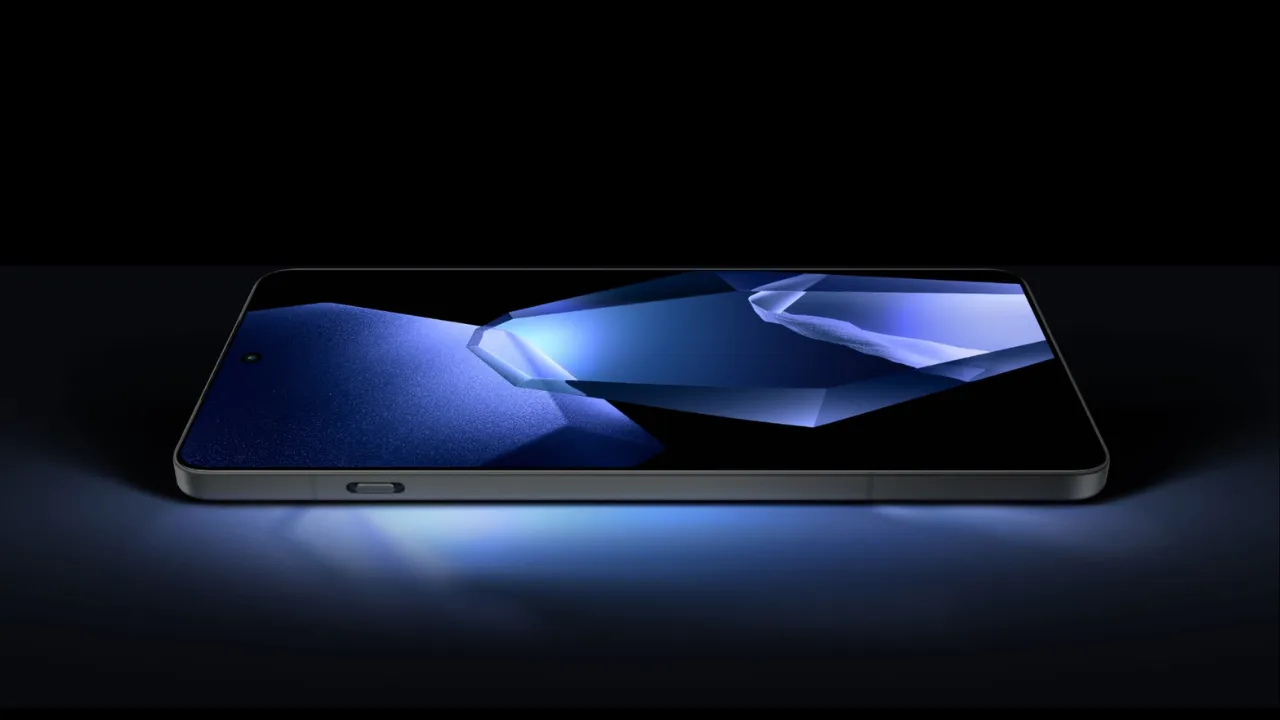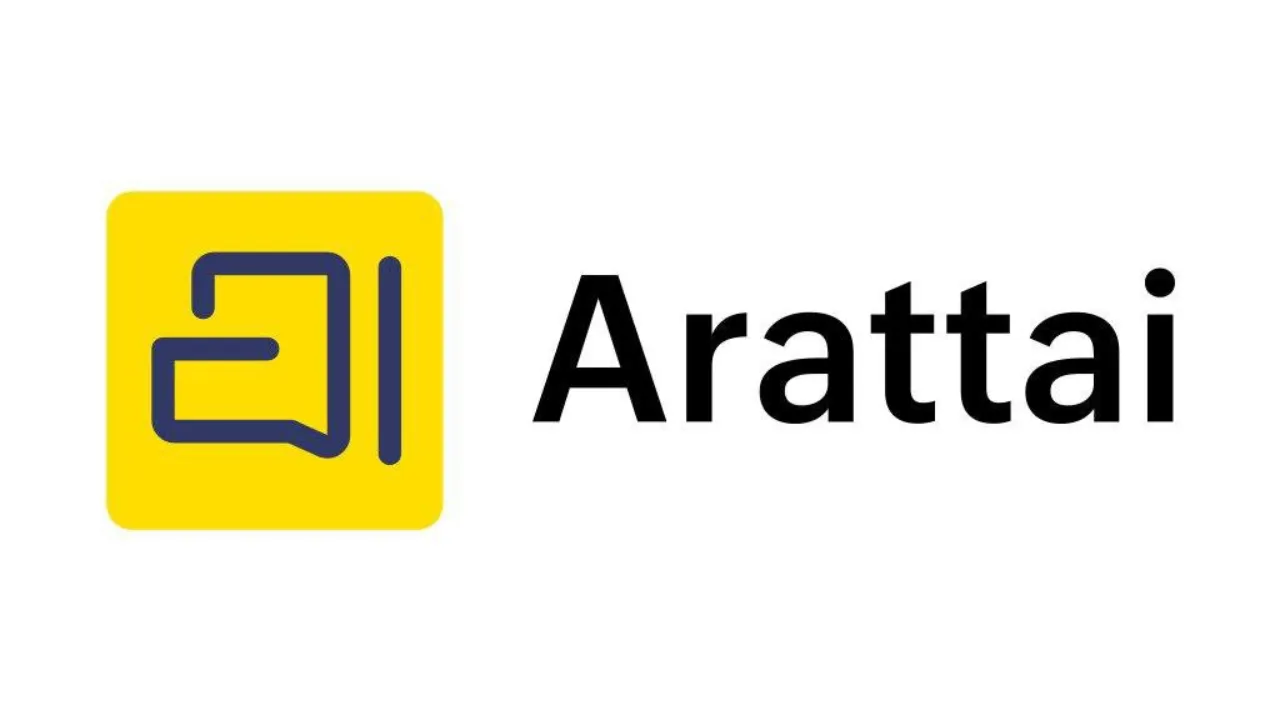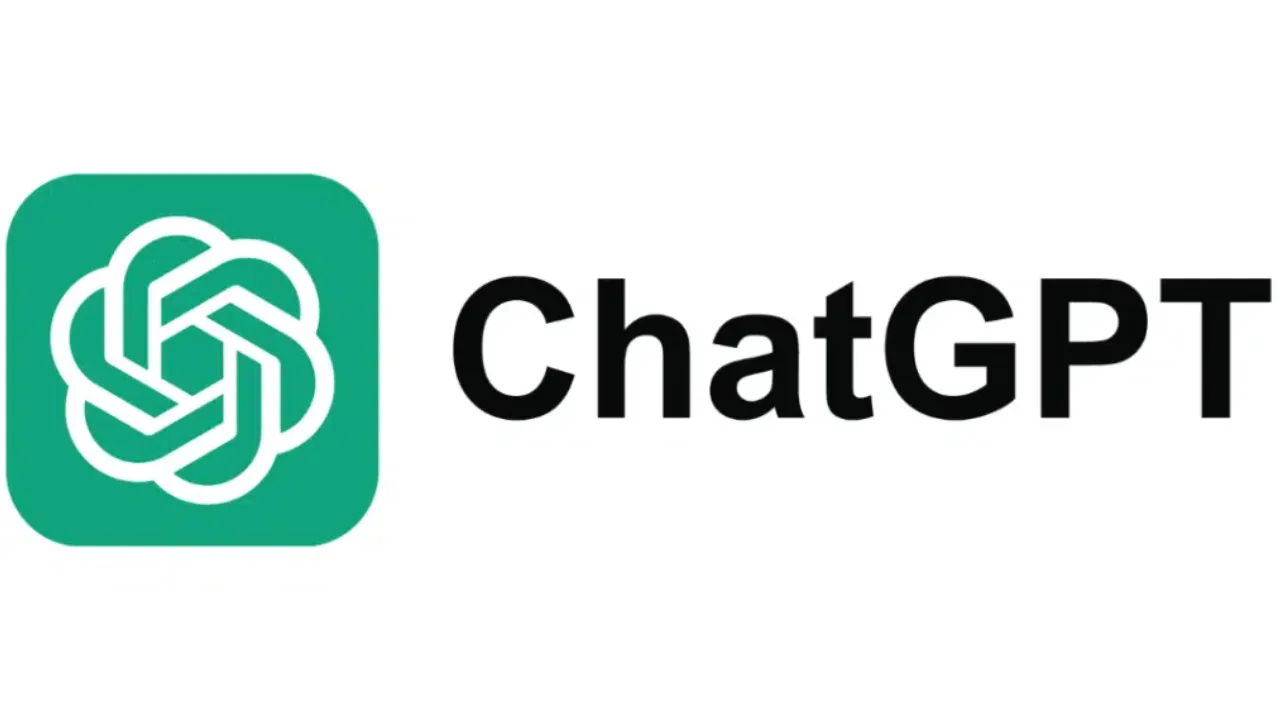Introduction – What Is BitChat?
In an era dominated by data plans and Wi-Fi signals, a new messaging platform is challenging the norms. BitChat is an innovative communication app that allows users to send messages without internet access, mobile data, or even a SIM card. Developed with a strong focus on privacy and decentralization, it represents a major shift in how people connect.
BitChat operates using a Bluetooth mesh network, enabling devices to link directly with one another. This creates a short-range, peer-to-peer communication chain that can transmit messages across distances of up to 300 meters. Unlike traditional messaging apps, BitChat does not rely on servers, phone numbers, or user accounts. This makes it not only more private but also independent of telecom infrastructure.
One of the standout advantages of BitChat is its usefulness in areas with limited or no network coverage. Whether you’re in a rural location, traveling, or facing an emergency where mobile networks are down, the app ensures communication remains possible. It’s also an attractive option for those who want to reduce their digital footprint or avoid centralized platforms that collect personal data.
As digital privacy becomes more important in 2025, tools like BitChat offer a new way forward. It’s more than just a messaging app; it’s a blueprint for communication without boundaries. By removing the need for internet or SIM cards, BitChat is setting the stage for a new generation of secure, offline messaging. In this article, we’ll explore how it works, why it matters, and what it means for the future of communication.
Who Created BitChat and Why It Matters
BitChat was created by Jack Dorsey, the visionary tech entrepreneur best known as the co-founder of Twitter and founder of Block Inc. His long-standing commitment to open, decentralized technologies is at the heart of this project. With BitChat, his mission is to provide a messaging app that works independently of internet, SIM cards, or any centralized system, giving people complete control over their communication.
The launch of BitChat comes at a time when privacy concerns and digital surveillance are growing rapidly. Users today are more aware of how their data is collected, stored, and sometimes misused by large platforms. BitChat addresses these issues by offering a communication tool that leaves no trace. It doesn’t require user accounts, doesn’t store messages on any server, and operates without the need for traditional telecom infrastructure.
Jack Dorsey’s involvement in BitChat is a major reason why the tech world is paying attention. His track record of launching products that scale globally adds weight to the platform’s potential. BitChat isn’t just an experimental app for privacy enthusiasts — it’s designed for practical use in real-world situations. Whether you’re in a disaster zone, attending a political protest, or just in a low-signal rural area, the app provides a new way to stay connected.
BitChat matters because it offers an alternative to centralized control. It’s not only a new app; it’s a new philosophy for communication. As more people seek digital independence, tools like BitChat are becoming increasingly important. It’s a step toward a future where users are no longer dependent on systems they don’t fully control. TechCrunch confirms BitChat emerged from Jack Dorsey’s weekend experiment to explore decentralised messaging.
How BitChat Works Without Internet or SIM
BitChat uses a unique peer-to-peer communication system based on Bluetooth mesh networking. This allows the app to send and receive messages directly between nearby devices without relying on mobile networks, Wi-Fi, or SIM cards. Instead of passing data through centralized servers, BitChat creates a dynamic local network where each device acts as both a sender and a relay point for messages.
When a user sends a message through BitChat, it travels from one device to another within a range of approximately 300 meters. If the recipient is not within that range, the message can hop across multiple devices running the app until it reaches the intended target. This method is called mesh networking, and it’s what makes offline communication possible even in complex environments like crowded events or remote areas.
Unlike traditional messaging platforms, BitChat doesn’t require user registration, phone numbers, or cloud storage. This eliminates the risk of data tracking or breaches, as no personal information is collected or stored. Messages are encrypted end-to-end, ensuring that only the sender and receiver can read them—even the devices used to relay the message cannot access its contents.
BitChat’s ability to function independently of telecom infrastructure makes it especially useful in emergency situations, natural disasters, or areas where internet access is blocked or unavailable. It also empowers users to communicate freely in scenarios where privacy and censorship are concerns.
The app continues to work as long as there are nearby devices participating in the network, making its performance improve in densely populated areas. BitChat transforms the way we think about communication by proving that staying connected doesn’t have to depend on a centralized system or costly data networks. It’s a bold reimagining of how messaging can work—completely offline, yet fully secure.
Technology Behind BitChat – Bluetooth Mesh Explained
BitChat is powered by Bluetooth mesh networking, a decentralized communication technology that allows devices to form a dynamic, self-healing network. Unlike traditional Bluetooth, which connects devices in a one-to-one or one-to-few manner, Bluetooth mesh enables many devices to interconnect and relay data across longer distances by passing messages through intermediate nodes. This is the core reason BitChat can function without internet, SIM cards, or traditional network infrastructure.
In a Bluetooth mesh network, every device running BitChat acts as a node. When a message is sent, it doesn’t need to travel directly to the recipient. Instead, it hops from one nearby device to another, gradually moving through the mesh until it reaches its destination. Each device helps extend the reach of the network, allowing communication even if users are not within direct range of one another.
This form of networking is particularly useful in dense environments like concerts, protests, festivals, or urban areas where many users are present. The more devices using BitChat, the stronger and more reliable the mesh becomes. Even if some nodes move out of range or go offline, the network quickly adapts by finding new paths for the message to travel.
BitChat does not rely on central servers or cloud infrastructure. All routing and message delivery happen locally, which significantly improves user privacy and resilience. Additionally, because the messages are end-to-end encrypted, only the sender and receiver can read the content. Devices that forward the messages have no access to the data, further enhancing security.
By utilizing Bluetooth mesh, BitChat offers a powerful example of how decentralized, infrastructure-free technology can be used for practical, real-time communication. It’s a significant shift from the centralized model that dominates most of today’s digital messaging platforms. BitChat uses Bluetooth mesh, a short-range communication system that allows device-to-device messaging without a central network (how it works).
BitChat vs WhatsApp, Telegram & Signal (2025 Comparison)
As the need for private, secure, and flexible messaging grows in 2025, users are starting to look beyond traditional platforms like WhatsApp, Telegram, and Signal. This is where BitChat steps in with a completely different model. Designed to work without internet, SIM cards, or centralized servers, BitChat introduces a new communication experience. But how does it really compare to the giants of the messaging world? Here’s a detailed comparison across key features.
At its core, BitChat stands apart by functioning completely offline. Unlike WhatsApp, Telegram, and Signal which require an internet connection and SIM-based verification, BitChat operates using Bluetooth mesh networking. This allows users to communicate directly with other nearby devices—without relying on any external network or telecom provider.
Another area where BitChat is different is in how it handles user identity. It doesn’t ask for your phone number, email, or any personal details. This is a major plus for users who are serious about anonymity and data privacy. In contrast, all the other three apps need your phone number to register and connect with contacts.
End-to-end encryption is a feature shared by all four apps, but with a few nuances. While WhatsApp and Signal offer full encryption by default, Telegram only enables it in “Secret Chats.” BitChat also provides full encryption by default, with no messages stored on any servers.
The table below summarizes the key differences:
| Feature | BitChat | Telegram | Signal | |
|---|---|---|---|---|
| Works Without Internet | Yes | No | No | No |
| SIM Required | No | Yes | Yes | Yes |
| End-to-End Encryption | Yes | Yes | Partial | Yes |
| Decentralized | Yes | No | No | No |
| Requires Account | No | Yes | Yes | Yes |
| Server Storage | No | Yes | Yes | Yes |
| Offline Messaging Range | 300m | 0m | 0m | 0m |
| Group Chat Support | Yes | Yes | Yes | Yes |
| Open Source | Yes | No | Partial | Yes |
| Uses Phone Number | No | Yes | Yes | Yes |
BitChat also scores high in terms of decentralization. There are no central servers, meaning messages can’t be intercepted, monitored, or blocked by third parties. In comparison, WhatsApp, Telegram, and Signal rely on cloud-based servers to manage data traffic and message delivery.
Of course, there are trade-offs. BitChat’s offline model limits its reach to about 300 meters per message hop. However, the range can be extended if more users are present within that radius, as messages can pass through multiple devices in a mesh. This makes it ideal for events, dense areas, or emergency zones. On the other hand, traditional apps offer global connectivity as long as you’re online.
In summary, BitChat brings a refreshing alternative to the messaging space. It’s built for people who prioritize privacy, independence, and offline access. While WhatsApp, Telegram, and Signal continue to serve billions with rich online features, BitChat targets a future where communication doesn’t need to rely on infrastructure we don’t fully control.
Top Features of BitChat App
BitChat introduces a completely different approach to messaging by removing the need for internet, SIM cards, or centralized servers. Instead, it focuses on privacy, decentralization, and independence. In 2025, when most messaging platforms still depend heavily on online infrastructure, BitChat offers a new way forward. Here are the top features that make this app stand out.
• Works Without Internet or SIM
The most remarkable feature of BitChat is that it allows communication even when there’s no internet, Wi-Fi, or mobile signal. It uses Bluetooth mesh technology, enabling direct device-to-device communication in a range of up to 300 meters. This makes it useful in rural areas, disaster zones, protests, or anywhere connectivity is limited or controlled.
• No Account or Phone Number Required
Unlike traditional messaging apps that ask for your phone number, email, or other personal details, BitChat does not require any form of user registration. You can download and start using it immediately without sharing your identity. This ensures complete anonymity and eliminates the risk of account-related data breaches.
• End-to-End Encryption by Default
BitChat ensures that every message sent is protected with end-to-end encryption. Only the sender and receiver can read the contents of a message. Even devices that relay the message through the mesh cannot access its content, which adds another layer of privacy and security.
• Fully Decentralized Architecture
BitChat does not rely on any central server or cloud-based system. All communication happens locally between devices. This eliminates the risk of censorship, surveillance, and server-side data storage. It also makes the platform highly resilient against network failures.
• Mesh-Based Message Relay
Messages in BitChat can travel beyond the 300-meter range by hopping through other nearby devices that are also using the app. This mesh networking approach allows messages to reach their destination even if the recipient is not directly within range, as long as there’s a chain of users between them.
• Lightweight and Battery-Efficient
The app is designed to use minimal system resources. Since it doesn’t rely on constant server connections or background data syncing, it consumes less battery and bandwidth compared to most online messaging platforms.
• Group Messaging Support
Despite its offline nature, BitChat allows users to create and participate in group chats. This feature can be particularly useful during public events, community meetings, or emergency coordination where a large number of users need to communicate without a central network.
• Open Source and Community Driven
BitChat is expected to release its source code for public auditing. This transparency allows developers and users to inspect the app’s code, improve its features, and ensure that there are no hidden backdoors or tracking mechanisms.
Real-Life Use Cases: When BitChat Can Save the Day
BitChat isn’t just a tech novelty—it’s a practical solution designed for real-world challenges where traditional communication methods often fail. Its offline-first design, decentralized network, and privacy-focused structure make it especially valuable in situations where internet access is limited, censored, or completely unavailable. Here are some of the most relevant scenarios where BitChat can truly make a difference.
• Natural Disasters and Emergencies
During natural calamities like earthquakes, floods, or hurricanes, mobile networks and internet services often go down. In such moments, staying connected with family, neighbors, or rescue teams becomes critical. BitChat allows people to send messages without any infrastructure, making communication possible when it matters most.
• Remote and Rural Areas
In many parts of the world, especially in remote villages or mountainous regions, stable internet or mobile signal is either unreliable or unavailable. BitChat can fill this gap by enabling residents, local authorities, or travelers to communicate within short distances using only their smartphones.
• Political Protests and High-Surveillance Zones
In countries where communication platforms are censored or monitored, BitChat provides a secure and anonymous way to stay connected. Protesters and activists can coordinate without fear of interception or surveillance, thanks to the app’s end-to-end encryption and accountless messaging.
• Crowded Public Events and Festivals
In large gatherings like concerts, rallies, or sports events, mobile networks often become overloaded or unusable. BitChat allows attendees to connect with friends, share real-time updates, or coordinate meetup points without relying on data or cellular signal.
• Off-Grid Travel and Expeditions
Hikers, bikers, campers, or adventure travelers often find themselves in remote areas where mobile coverage doesn’t reach. BitChat can help groups stay in touch within a 300-meter range, ensuring safety and coordination during the trip.
• Military, Rescue, and Field Operations
Teams operating in the field—such as rescue workers, journalists, or military units—can use BitChat for quick, infrastructure-free communication. Its decentralized nature means no central point of failure, which is essential for mission-critical coordination.
• Privacy-Sensitive Communication
BitChat is a strong choice for anyone who values privacy. Whether you’re a whistleblower, investigative journalist, or simply want to stay off the grid, BitChat gives you a secure channel that doesn’t require identification, registration, or location tracking.
• School and College Campuses
Students and teachers within a campus area can use BitChat to communicate offline, share notes, or create study groups without needing an internet connection, reducing dependency on mobile data or Wi-Fi networks.
These use cases show that BitChat isn’t just for emergencies—it’s a powerful tool for everyday communication where privacy, independence, and offline functionality are essential. Its real-world applications prove that the future of messaging doesn’t have to be tied to the internet.
Security & Privacy – End-to-End Encryption Without Servers
BitChat has been designed with security and privacy at its core. At a time when most messaging platforms rely on cloud servers and centralized data systems, BitChat takes a completely different path. It offers true end-to-end encryption without using any server infrastructure, making it one of the most secure messaging solutions currently available.
Traditional messaging apps like WhatsApp, Telegram, and Signal do offer encryption, but they still rely on servers for routing messages, storing backups, and managing user accounts. This creates potential points of vulnerability. Even if the messages are encrypted, metadata—such as who you contacted, when, and from where—can still be collected. BitChat eliminates these risks by removing the server layer altogether.
With BitChat, messages are transmitted directly between devices using Bluetooth mesh networking. This means that the message does not touch any central server, nor does it require any cloud backup. Each device acts as both a sender and a relay point, but only the intended recipient can decrypt and read the content. Even the devices used to relay the message in the mesh cannot access or interpret the data.
Since BitChat doesn’t require a phone number, username, or any personal identification, it minimizes the amount of traceable user information. There’s no central login, no syncing with contact lists, and no data storage outside of your own device. This makes it extremely difficult for third parties, service providers, or even governments to monitor conversations or gather information about users.
The app also avoids storing any logs or message history beyond what exists locally. Once a message is delivered, it is not retained in the network. This approach provides both forward and backward secrecy, ensuring that even if a device is compromised, previous messages remain protected.
By operating without servers, BitChat removes the possibility of centralized breaches, data leaks, or backdoors. It gives users full control over their conversations, free from the vulnerabilities and surveillance risks common in conventional apps. For anyone serious about digital privacy, BitChat represents a major advancement in secure communication.
Limitations and Challenges of BitChat
While BitChat brings a refreshing and powerful alternative to traditional messaging apps, it’s not without its own set of limitations and challenges. As a fully offline, decentralized platform, BitChat reimagines how communication can work—but this new model also comes with trade-offs that users should be aware of.
• Limited Range
BitChat relies on Bluetooth mesh networking, which typically supports message transmission up to 300 meters. If the recipient is farther away and no other users are present in between to relay the message, communication can break down. Unlike internet-based apps that can send messages across the globe instantly, BitChat’s effectiveness is limited to the presence and density of nearby users.
• Dependent on User Density
The app becomes more powerful in areas with many active users, such as cities or events. However, in isolated places where only a few people are using BitChat, the mesh network may be too weak to function effectively. Its performance improves as more devices join the mesh, making user adoption a key factor.
• No Media Sync or Cloud Backup
BitChat does not offer cloud-based features like image or video backups, message syncing across multiple devices, or storage recovery after switching phones. This can be inconvenient for users who are used to accessing their chat history or media on demand from the cloud.
• No Real-Time Communication Over Distance
BitChat is not designed for real-time, long-distance communication like WhatsApp or Telegram. If someone is far away and no connected users are between the sender and receiver, messages will not be delivered until a direct or indirect connection is established through the mesh.
• Limited File Size and Media Sharing
Due to the bandwidth constraints of Bluetooth and the offline nature of the app, file sharing may be limited in size or slower than internet-based platforms. Sending large media files or high-resolution videos may not be practical on BitChat.
• Battery and Bluetooth Dependency
BitChat requires continuous access to Bluetooth to function properly. This may lead to faster battery consumption, especially in older phones or in continuous use. Keeping Bluetooth active for long periods may also raise concerns for users focused on battery optimization.
• Lack of Advanced Features
Compared to mainstream apps, BitChat does not offer features like video calls, voice messages, read receipts, or stickers. These are common in popular apps and expected by general users, which could make BitChat feel limited or minimal to a broader audience.
• Still in Early Stages
As of 2025, BitChat is in its beta or early release stage. This means users may experience bugs, instability, or feature gaps until the app matures. Widespread adoption and reliability will depend heavily on ongoing development and community involvement.
Despite these limitations, BitChat remains a groundbreaking innovation. It solves real-world problems in offline communication and digital privacy. But for now, it is best used as a complementary tool rather than a full replacement for traditional messaging apps—especially for users who rely on constant connectivity and rich media features.
The Future of Offline, Decentralized Messaging Apps
As global concerns around privacy, surveillance, and digital control continue to grow, offline and decentralized messaging apps like BitChat are gaining serious attention. They represent more than just a new technology—they reflect a shift in mindset. Users today are no longer satisfied with platforms that collect their data, track their behavior, or rely entirely on central servers controlled by big corporations or governments.
The future of messaging is heading toward independence and resilience. Apps like BitChat are built for situations where traditional networks fail—whether due to infrastructure collapse, government censorship, or natural disasters. This offline-first approach isn’t just useful in emergencies; it empowers everyday people with the freedom to communicate without asking permission from any central authority.
As Bluetooth mesh technology matures and smartphone hardware becomes more capable, the limitations of offline communication—like range and speed—will continue to shrink. We can expect improvements in message relaying, support for larger groups, faster file sharing, and longer mesh chains that extend communication even further. These advancements could eventually bring mesh-based communication close to what we expect from internet-connected apps today.
Decentralization will also become a major part of mainstream tech. From cryptocurrencies to file sharing to messaging, the trend is moving toward removing the “middleman” and putting users in control. Future messaging platforms may integrate blockchain-like features, decentralized identity, and distributed storage to create a fully autonomous communication network that works online and offline alike.
However, widespread adoption will depend on education, design simplicity, and global accessibility. Most users are used to seamless experiences offered by platforms like WhatsApp and Telegram. For apps like BitChat to go mainstream, they must not only be secure and private—they must also be easy, fast, and intuitive for the average person to use.
In the coming years, we may see a hybrid future where traditional messaging apps include offline mesh capabilities as backup communication modes. Governments and NGOs might adopt decentralized tools for disaster management and crisis zones. Schools, universities, remote villages, and even military operations could rely on offline apps as their primary mode of internal communication.
BitChat is an early glimpse into this future. While it’s still developing, its core concept—communication without infrastructure—is powerful and timely. The future of messaging might not depend on 5G towers or cloud servers, but on local networks powered by everyday users. In that future, your phone isn’t just a client connected to the internet—it becomes the network itself.
Offline, decentralized messaging isn’t just a tech trend. It’s a movement toward digital freedom, resilience, and privacy. And it’s only just beginning.
Conclusion – Is BitChat the Messaging Revolution We Needed?
BitChat challenges everything we’ve come to expect from modern communication. In a world where messaging apps are almost always dependent on the internet, phone numbers, cloud servers, and user data, BitChat dares to break the mold. It offers something rare: true freedom to communicate—offline, anonymously, and securely.
Throughout this article, we’ve seen how BitChat works without internet or SIM, uses Bluetooth mesh to send encrypted messages, and avoids any kind of server-based infrastructure. It doesn’t ask for your identity, doesn’t store your data, and doesn’t track your activity. For those who care deeply about privacy, or simply want a way to communicate during network failures or digital shutdowns, BitChat offers a powerful solution.
Of course, it’s not perfect. The limited range, lack of advanced features, and dependence on user density make it more of a complementary tool than a full replacement—at least for now. But that doesn’t take away from its importance. In emergency situations, during natural disasters, political unrest, or in remote areas with zero connectivity, BitChat could be the one tool that keeps people connected when all else fails.
More importantly, BitChat signals a broader shift in how we think about digital communication. It proves that messaging doesn’t have to be tied to centralized servers or invasive policies. It opens the door to a future where users own the network—not telecom providers or corporations.
So, is BitChat the messaging revolution we needed? In many ways, yes. It’s not just a clever app—it’s a powerful statement about what communication could and should be in the age of surveillance and control. BitChat may not replace WhatsApp or Telegram today, but it plants the seed for a more independent and resilient digital future. And that makes it one of the most exciting innovations of 2025.
Also Read: Elon Musk’s xAI: The Powerful Disruptor Reshaping Tech in 2025
FAQs – All Your BitChat Questions Answered
Q1. What is BitChat and how is it different from WhatsApp or Telegram?
BitChat is an offline, decentralized messaging app that works without internet or SIM cards. Unlike WhatsApp or Telegram, it doesn’t use servers, doesn’t require registration, and allows communication through Bluetooth mesh technology.
Q2. Do I need a phone number or account to use BitChat?
No. BitChat does not ask for your phone number, email, or any personal information. You can use the app completely anonymously.
Q3. Can BitChat really work without internet or Wi-Fi?
Yes. BitChat uses Bluetooth mesh networking to send messages from one device to another, hopping through other nearby devices if needed.
Q4. What is the range of BitChat’s offline messaging?
The range is around 250–300 meters per device. If more users are nearby, messages can travel much farther by hopping from device to device.
Q5. Is BitChat safe and encrypted?
Yes. BitChat uses end-to-end encryption by default. Only the sender and receiver can read the message—devices that relay the message cannot access its content.
Q6. Can I send images or media through BitChat?
BitChat supports basic file sharing, but due to bandwidth limits of Bluetooth, it may not handle large media files as smoothly as internet-based apps.
Q7. Does BitChat work on both Android and iOS?
As of now, BitChat is primarily being developed for Android. iOS support may be added later, depending on system limitations and Bluetooth API access.
Q8. Is BitChat open source?
BitChat is expected to be open source or partially open, allowing developers to audit or contribute to its codebase.
Q9. What happens if no other BitChat users are nearby?
If no users are within range, your message will stay pending until another BitChat user comes within Bluetooth range to forward it or receive it directly.
Q10. Is BitChat completely free to use?
Yes. BitChat is free to download and use. Since it doesn’t require mobile data or cloud services, there are no ongoing costs.
Q11. Can BitChat be used for group messaging?
Yes. BitChat supports offline group chats, as long as all group members are within mesh range of each other.
Q12. Who created BitChat?
BitChat was developed by Jack Dorsey (founder of Twitter and Block Inc.) as part of his mission to promote open, decentralized technologies.
Q13. Is BitChat suitable for emergency use?
Absolutely. BitChat is ideal for communication during network outages, natural disasters, or censorship situations where traditional apps fail.
Q14. Can BitChat replace my regular messaging app?
Not entirely. BitChat is best used as a companion app in situations where internet-based apps can’t function. It’s a privacy-first alternative for specific use cases.
Q15. Where can I download BitChat?
BitChat is expected to launch publicly in 2025. Once available, it will be downloadable from official app stores or directly from the developer’s site.
